A recent post to Apple's corporate job listing website suggests the company is looking to build out deeper, more meaningful human-computer interactions for Siri, features that delve far beyond the virtual assistant's current capabilities.
In its listing for a Siri Software Engineer, Health and Wellness, spotted by CNBC reporter Christina Farr on Thursday, Apple says users often have serious conversations with Siri, a function the assistant was not initially designed to serve.
"People talk to Siri about all kinds of things, including when they're having a stressful day or have something serious on their mind. They turn to Siri in emergencies or when they want guidance on living a healthier life," Apple says.
To see evidence of Apple's claims one needs only look back as far as September, when residents of Texas sought reprieve from the devastating effects of Hurricane Harvey. Tyler Frank, a 14-year-old who suffers from sickle cell anemia, used Siri to hail Coast Guard responders when calls to 911 failed, likely saving the girl's life.
Beyond system command and control, Siri can handle basic health queries using answers gleaned from the internet, but the service is unable to go much further. At least for now.
Some of the features Apple may have planned for Siri are hinted at in the engineering job's requirements. For example, the ideal candidate should not only hold a computer science degree and five years industry experience, but also have a background in peer counseling or psychology. Experience with artificial intelligence technologies including natural language processing or machine learning is desired, Apple says.
It seems Apple wants to arm Siri with capabilities that fall beyond the current scope of common virtual assistants, much more than opening an app or turning on house lights. The job description discovered today hints at work toward an AI that can help users solve serious life problems. It also jibes with Apple's current thrust toward health and medical technology solutions, a program that currently revolves around the Apple Watch platform.
During this week's big iPhone event, Apple aired a video showcasing a variety of individuals who benefitted from Apple Watch. Some touted the wearable's heart rate monitor, while others said the device helped them lead more active lives. The film included a testimonial from Casey Bennett, who survived a car crash by using Apple Watch's SOS feature, which calls a emergency services using a connected iPhone.
The advertised Siri job suggests Apple is looking to integrate similar health-focused solutions into its virtual assistant technology.
With the rapid build out of ancillary services, from low-level interactions like telling a joke to facilitating emergency phone calls in times of distress, Siri is slowly blurring the line between automated assistant and human operator.
At a TED conference in April, Apple AI expert and Siri co-founder Tom Gruber discussed what he calls "humanistic AI," or technology designed to "meet human needs by collaborating and augmenting people." Siri was developed as a humanistic AI with a conversational interface, Gruber said, allowing it to function as a type of automated helper.
"We can choose to use AI to automate and compete with us, or we can use AI to augment and collaborate with us, to overcome our cognitive limitations and to help us do what we want to do, only better," Gruber said.
 Mikey Campbell
Mikey Campbell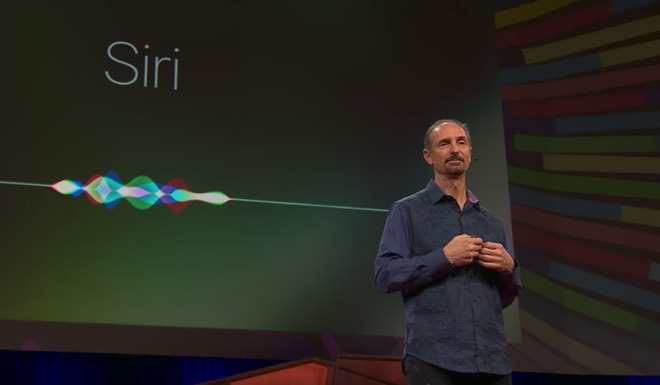
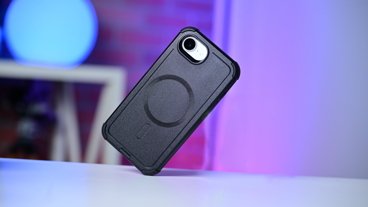


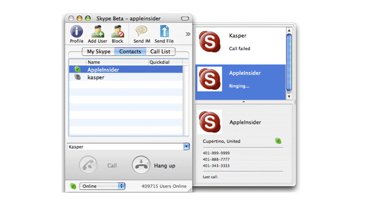



-m.jpg)





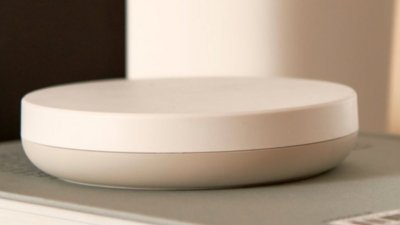
 Charles Martin
Charles Martin
 Malcolm Owen
Malcolm Owen
 Amber Neely
Amber Neely
 Andrew Orr
Andrew Orr
 William Gallagher
William Gallagher
 Christine McKee
Christine McKee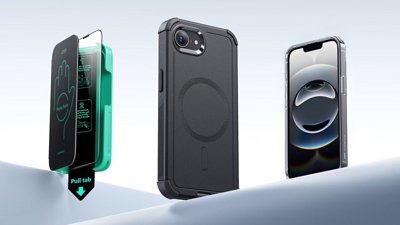
 Sponsored Content
Sponsored Content
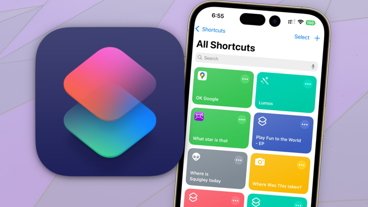
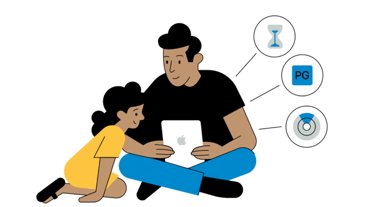
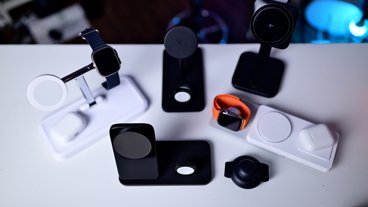
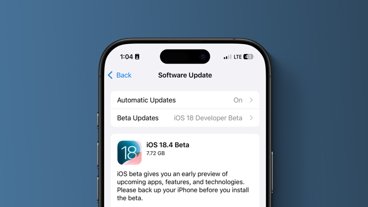




6 Comments
Understanding Depression is one area.
Apple needs to make sure understand names of people. It understands common names but if our ask something about Didier Drogba or Ibrahimovic, it gives some random names. Google Assistant doesn't have that problem.
Siri is the future but Siri as of today falls so far short of what it needs to be. The day I can have an intelligent conversation in terms of Siri helping me perform a task, and doing so by understanding what I say and interpreting what I want will be the day it will be truly useful. Each step on the way there will make Siri more useful. As of today I have given up asking Siri to do anything at all while I am driving. The frustration of trying to correct commands is more dangerous than physically texting imo. On the whole I love Siri but she is an infant and I look forward to her growing up a little.
There are a lot of sick people out there, usually people who look or seem completely "normal".
These job postings are just wishlists, right? I think the goal is to have someone match about 2 out of 10 requirements; I can't believe there's someone out there who, a) Knows the Siri backend, b) Has a psychology degree, and c) Can code Objective-C.
If there are, then that one girl in Israel must be really, really specialized, and should demand seven figures and a Brinks truckload of stock options.